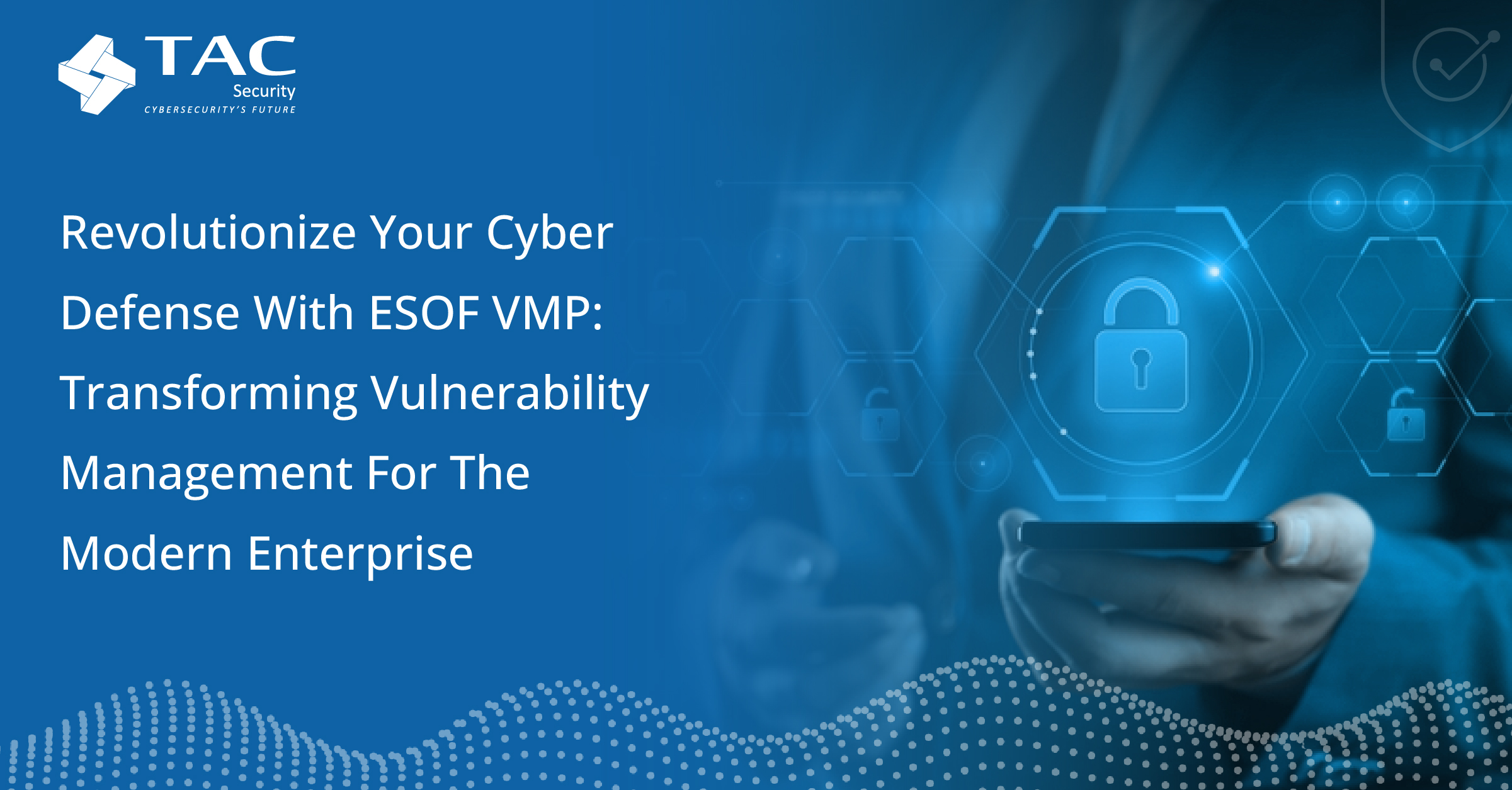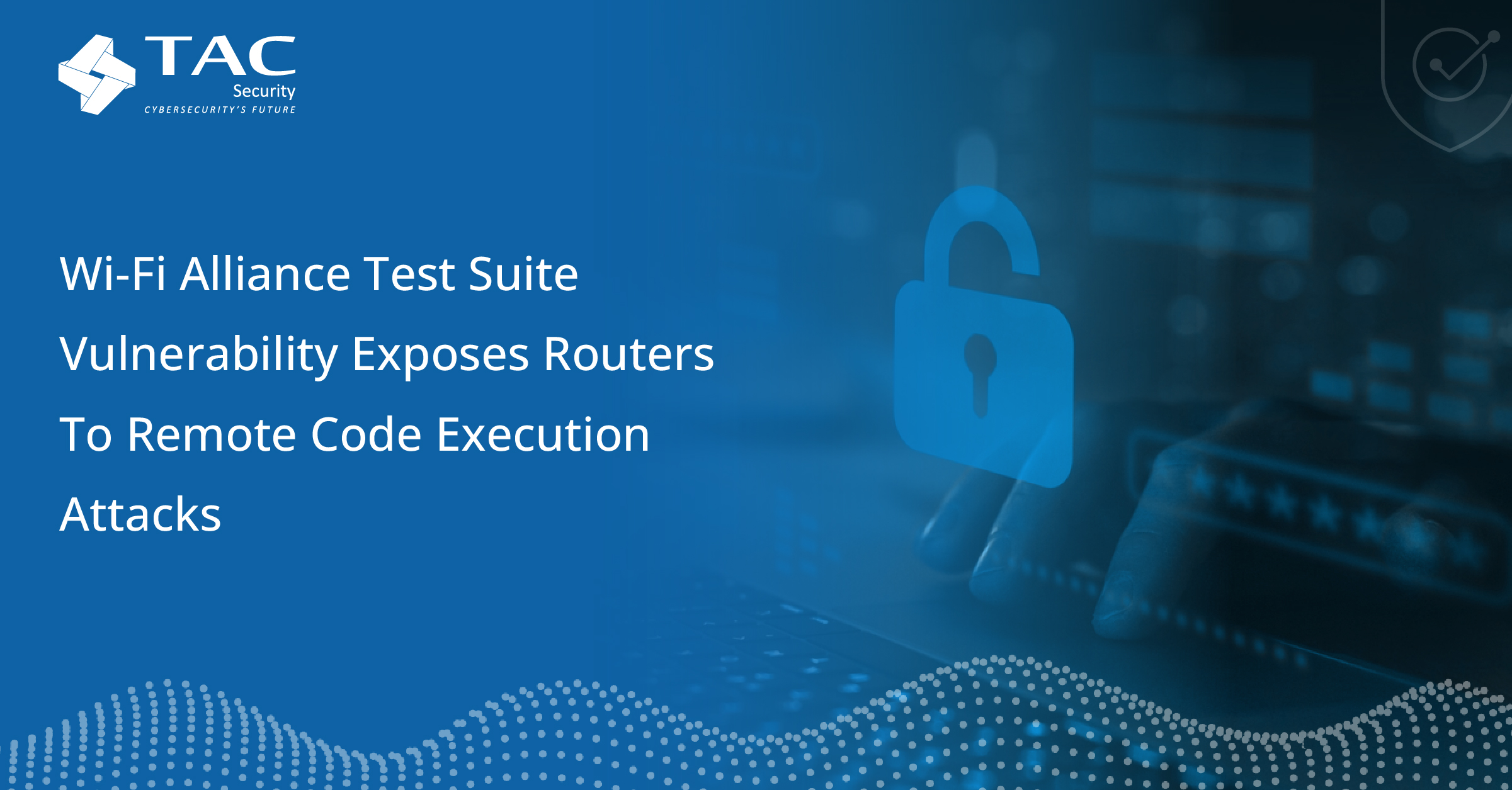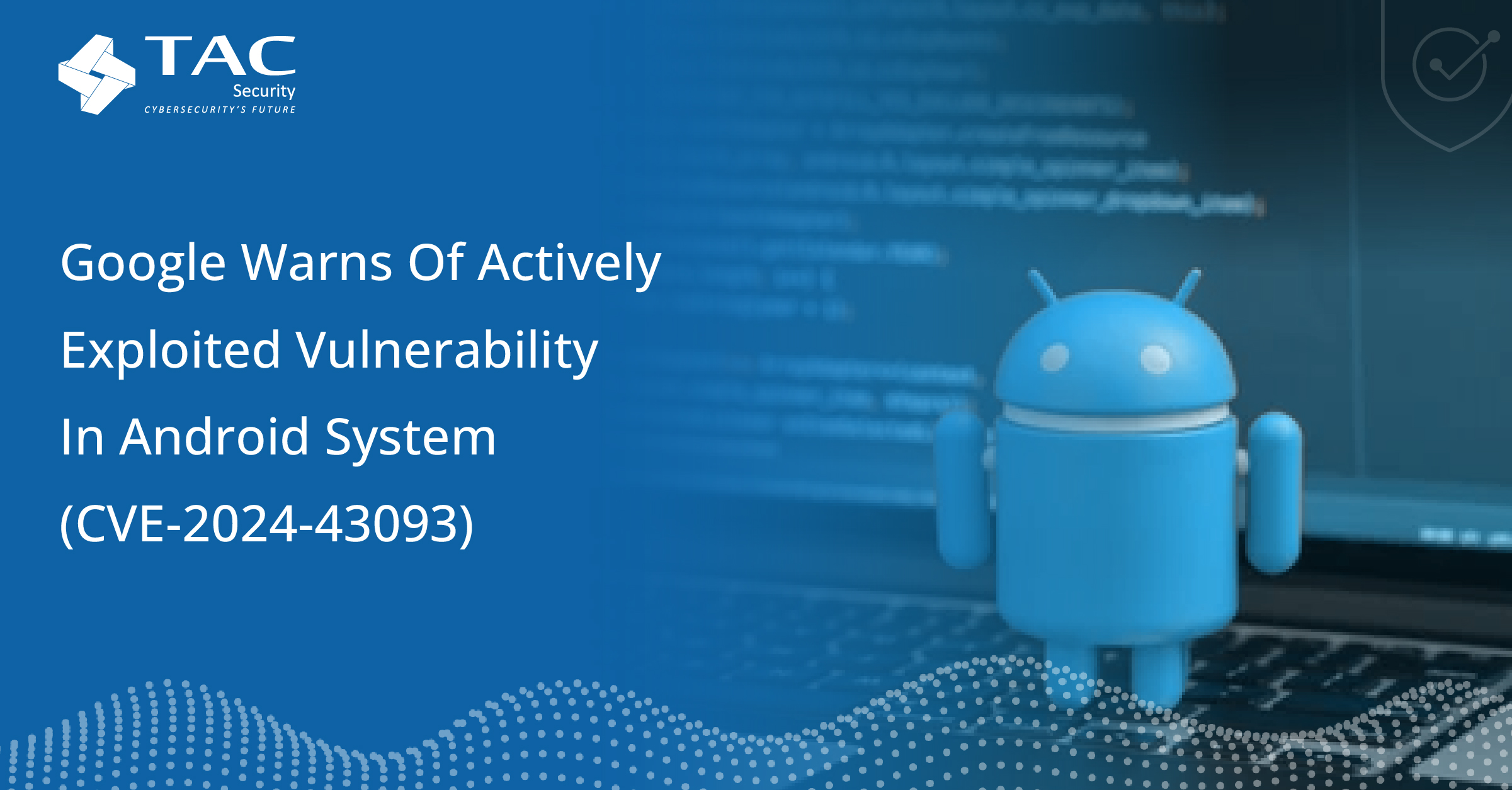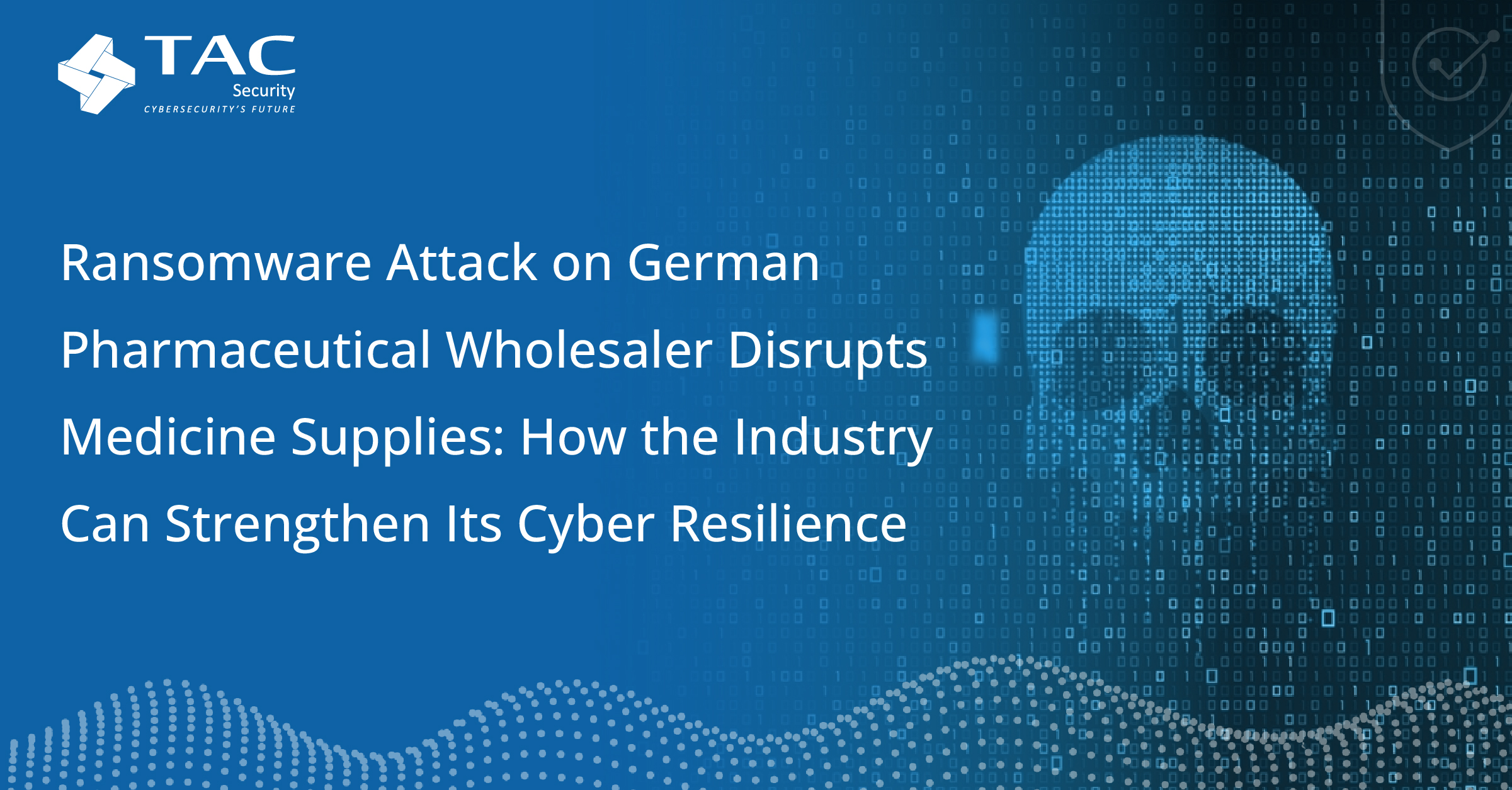South Korea Fines Meta $15.67M for Illegally Sharing Sensitive User Data with Advertisers
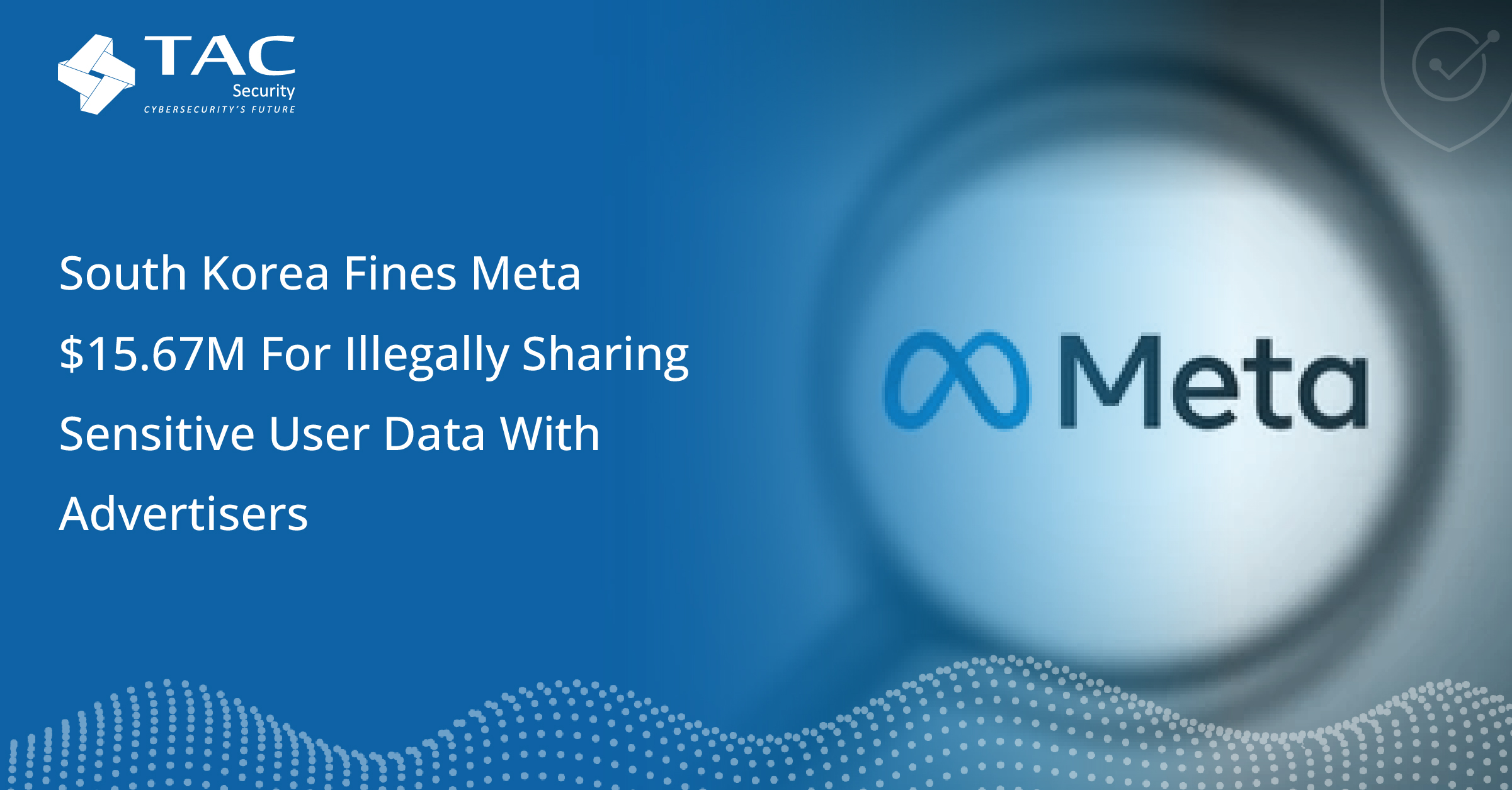
In a significant ruling, South Korea’s Personal Information Protection Commission (PIPC) has fined Meta a whopping 21.62 billion won ($15.67 million) for violating privacy laws and unlawfully sharing sensitive personal data from Facebook users. The fine comes in response to accusations that Meta collected sensitive information, including users’ political views, sexual orientation, and religious affiliations, without proper consent. This data was then shared with thousands of advertisers, violating South Korean privacy regulations and potentially exposing millions of users to unwanted profiling and exploitation.
The Issue: Unauthorized Collection and Sharing of Sensitive Data
The controversy stems from Meta’s actions in gathering highly sensitive personal information about around 980,000 South Korean Facebook users. Among the data collected were details on users’ political beliefs, religious affiliations, sexual orientation, and even their status as potential defectors from North Korea. This data was then handed over to a network of 4,000 advertisers, allowing them to target users with hyper-specific ads based on the sensitive details.
The PIPC’s investigation found that Meta analyzed behavioral data, such as likes, clicks on ads, and interactions on the platform, to construct “advertising topics.” These topics categorized users into groups, including those who may be religious, gay, transgender, or political defectors. All of this was done without the explicit consent of the users whose data was being exploited for targeted advertising.
This revelation is part of a larger global debate over how tech giants handle user data. In this instance, South Korean authorities pointed out that Meta failed to provide sufficient legal justification for processing such sensitive data and did not obtain proper consent from its users beforehand, breaching local data protection laws.
Cybersecurity Implications: A Wake-Up Call for Data Protection
In addition to the unauthorized data sharing, the PIPC’s report highlighted a serious cybersecurity lapse at Meta. The company was accused of failing to secure inactive accounts. Malicious actors managed to exploit this vulnerability by submitting fake identification documents to request password resets. Meta then approved these requests without adequate verification of the documents, which led to the leak of personal data from 10 South Korean users.
This cybersecurity failure underscores the importance of robust data protection mechanisms, especially when handling sensitive personal information. It’s not just about adhering to privacy laws but also ensuring that platforms and services take every possible step to protect user data from unauthorized access and potential exploitation.
How Organizations Can Protect Sensitive Data: The Role of Cybersecurity Solutions
This fine serves as a crucial reminder for all organizations—especially those handling sensitive data—about the need to implement effective data protection strategies. In the face of rising cyber threats and increasing regulatory scrutiny, businesses must prioritize securing customer data to avoid heavy fines, reputational damage, and loss of trust.
One such solution is to implement comprehensive cybersecurity audits and penetration testing. Organizations can engage experts like TAC Security to conduct regular Vulnerability Assessment and Penetration Testing (VAPT) and audits for specific frameworks, such as PCI DSS.
TAC Security’s Role in Data Protection
TAC Security, a leading provider of cybersecurity solutions, helps organizations safeguard sensitive data and comply with global standards like the General Data Protection Regulation (GDPR) and Payment Card Industry Data Security Standard (PCI DSS). TAC Security offers tailored solutions to address key cybersecurity risks, including:
1.Vulnerability Assessment and Penetration Testing (VAPT):
A thorough VAPT helps businesses identify and fix vulnerabilities in their networks, applications, and systems before attackers can exploit them. Regular vulnerability assessments ensure that security flaws are discovered early, allowing organizations to patch vulnerabilities and prevent unauthorized access to sensitive data.
2.PCI DSS Audit:
For organizations dealing with payment card data, ensuring compliance with PCI DSS is critical. TAC Security offers specialized PCI DSS audits to ensure your payment systems are secure and meet the stringent security standards set by the Payment Card Industry. This audit helps protect sensitive financial data, reduce fraud risks, and ensure compliance with legal and regulatory requirements.
3.Data Protection Strategy:
TAC Security works with organizations to design and implement a robust data protection strategy, focusing on securing personal information, encrypting sensitive data, and establishing processes to prevent data breaches. This includes configuring firewalls, employing secure access controls, and conducting regular security assessments.
By partnering with cybersecurity experts like TAC Security, businesses can avoid the pitfalls Meta encountered in South Korea and ensure they meet the highest standards of cybersecurity hygiene. Investing in proactive security measures and compliance audits not only safeguards data but also fosters trust among customers and partners, contributing to long-term business success.
Key Takeaways for Organizations
The fine imposed on Meta by South Korea highlights the growing importance of compliance with data privacy laws and effective cybersecurity practices. Organizations must:
-Be transparent with users about the data they collect and ensure explicit consent is obtained.
-Regularly audit and monitor data access controls to prevent unauthorized access and potential data breaches.
-Engage in comprehensive security assessments like VAPT and PCI DSS audits to strengthen data protection and prevent incidents that could harm the business and its stakeholders.
Conclusion
In conclusion, protecting user data and maintaining compliance with data privacy regulations is no longer optional—it’s essential for any organization. By leveraging the right cybersecurity solutions, companies can prevent costly fines, protect their reputation, and maintain the trust of their customers.

